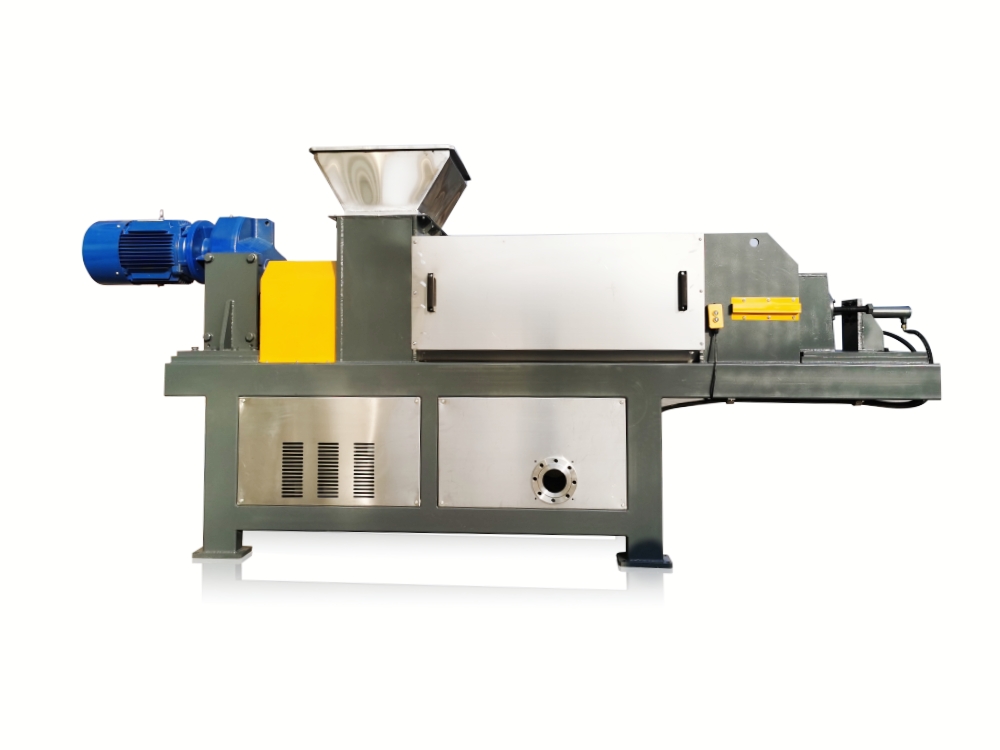Company news
Enhancing Sustainability: The Role of Residue Dewatering Machines

Introduction:
Residue dewatering machines play a pivotal role in various industries, contributing to both efficiency and environmental sustainability. These machines are designed to remove excess water from residues, turning them into more manageable and environmentally friendly by-products. In this article, we will explore the importance of residue dewatering machines and their impact on waste management practices.
The Need for Residue Dewatering:
Many industrial processes generate residues that are rich in water content. These residues can pose challenges in terms of transportation, disposal, and environmental impact. Residue dewatering machines address these challenges by efficiently reducing the moisture content of the residues, resulting in a more solid and compact material.
Benefits of Residue Dewatering Machines:
Reduced Transportation Costs:
Dewatering residues significantly reduces their weight and volume, leading to lower transportation costs. This not only makes the logistics more cost-effective but also reduces the carbon footprint associated with transportation.
Enhanced Waste Management:
Residue dewatering contributes to improved waste management practices. The dewatered residues are often easier to handle and dispose of, minimizing the environmental impact of waste disposal.
Resource Recovery:
In some cases, the dewatered residues can be further processed to recover valuable resources. This resource recovery not only adds economic value but also promotes a circular economy by reducing the need for raw materials.
Compliance with Environmental Regulations:
Many industries are subject to strict environmental regulations governing the disposal of waste materials. Residue dewatering helps industries comply with these regulations by producing more environmentally friendly by-products.
Energy Efficiency:
Some advanced residue dewatering machines are designed with energy-efficient features, contributing to overall sustainability efforts within industries. The use of modern technology ensures that the dewatering process is both effective and eco-friendly.
Case Studies:
Several industries have successfully implemented residue dewatering machines to improve their waste management practices. For example, wastewater treatment plants, food processing industries, and mining operations have witnessed significant benefits in terms of cost savings and environmental responsibility.
Conclusion:
Residue dewatering machines are indispensable tools for industries looking to enhance their sustainability practices. By reducing the moisture content of residues, these machines contribute to cost savings, resource recovery, and compliance with environmental regulations. As industries continue to prioritize sustainable practices, the role of residue dewatering machines becomes increasingly crucial in the quest for a greener and more efficient future.
Recommend
- Enhancing Sustainability: The Role of Residue Dewatering Machines2024-01-25
- Transforming Agriculture: The Role of Animal Manure Dewatering Machines2024-01-24
- The Revolutionary Cannabis Dehydrator: A Game-Changer in Drying Techniques2024-01-24
- Revolutionizing Cannabis Processing: The Role of Cannabis Dehydration Machines2024-01-23
- The Benefits of Using Hemp Alcohol Residue Screw Press Machine2024-01-22
NEWS
NEWS
Contact us
QQ:1272370381
Mob:+86 13053656336
TEL:+86 15684339888
Email:chuantaiscrewpress@gmail.com
ADD:Weifang City, Shandong Province,China
